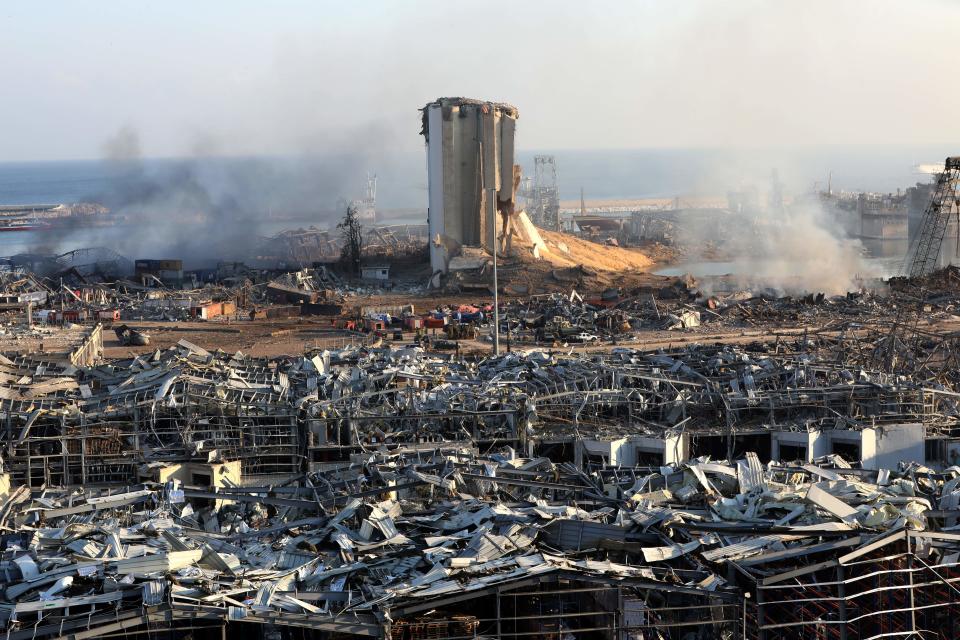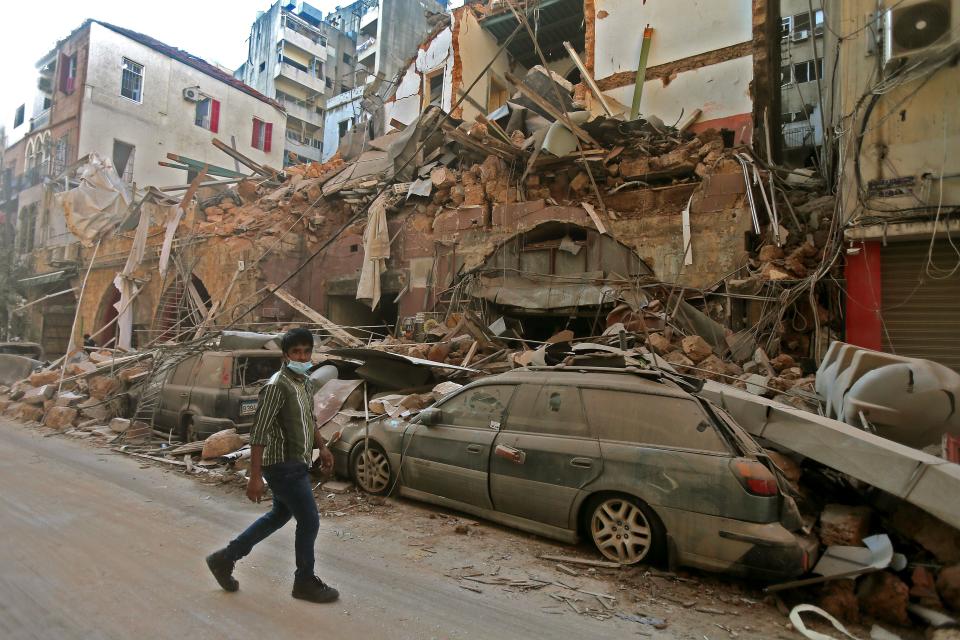How you can help in the aftermath of the Lebanon explosion
Lebanon continues to deal with the shocking aftermath of Tuesday’s massive explosion in its capital, Beirut.
The blast has killed at least 100 people, and the death toll is expected to rise. More than 100 people are believed to be missing.
Some 4,000 people have also been injured by the explosion, which is said to have been felt 150 miles away in Cyprus.
Lebanon said it was caused by 2,750 tonnes of ammonium nitrate being stored unsafely in a warehouse.
Entire streets have been wiped out, while the Save The Children charity said “complete” damage to Beirut’s main port will leave families short of basic necessities.

Dr Julie Norman, a teaching fellow in politics and international relations at University College London, also warned the country faces a “long and dire” economic downturn without its port, which was a key hub for food, grain and fuel imports.
Meanwhile, Save The Children also pointed out the explosion “could not have occurred at a worse time”: during the COVID-19 pandemic. Cases in the country are beginning to increase, with more than 200 reported on Tuesday.
Attention is now turning to aiding the recovery efforts.
Boris Johnson was among the world leaders to pledge help on Tuesday, saying the UK government is “ready to provide support in any way we can”.
UK business secretary Alok Sharma said on Wednesday the government is “working quickly and at speed to look at a package of support” after the tragedy.

How can I help?
In the meantime, there are a number of ways Britons can aid the recovery efforts at home.
Impact Lebanon’s fundraising page on JustGiving is dedicated to providing disaster relief following the explosion, and as of 1.30pm on Wednesday had already raised £2.5m. Its target is £5m.
People can also donate to the Lebanese Red Cross, the main provider of ambulance services in the country. The charity says it is currently unable to respond to 20% of emergency calls.
Meanwhile, with food supplies likely to be disrupted in Beirut, people can also donate to the Lebanese Food Bank charity, which is based in the city.

 Yahoo News
Yahoo News 